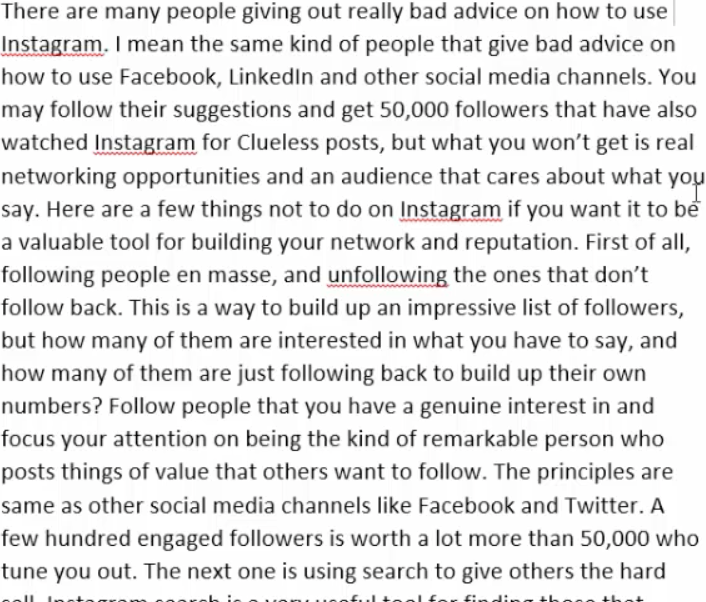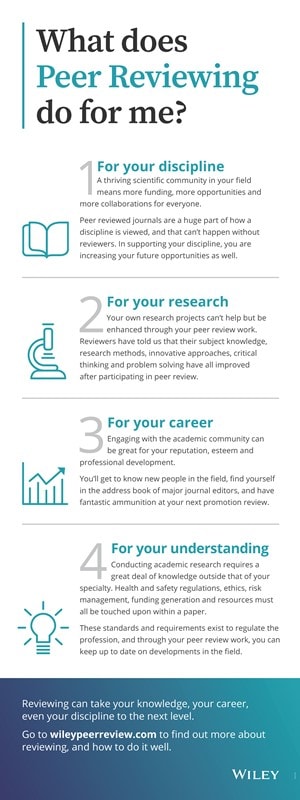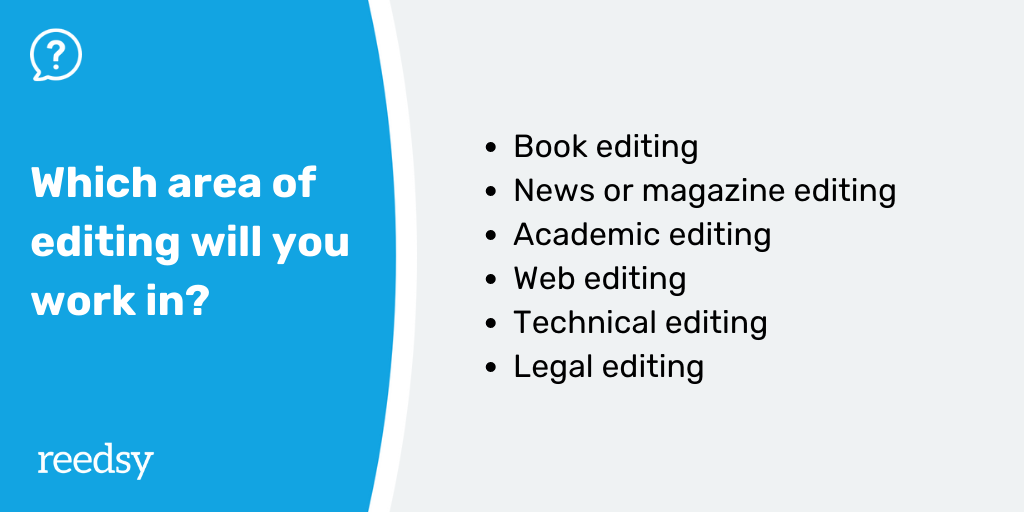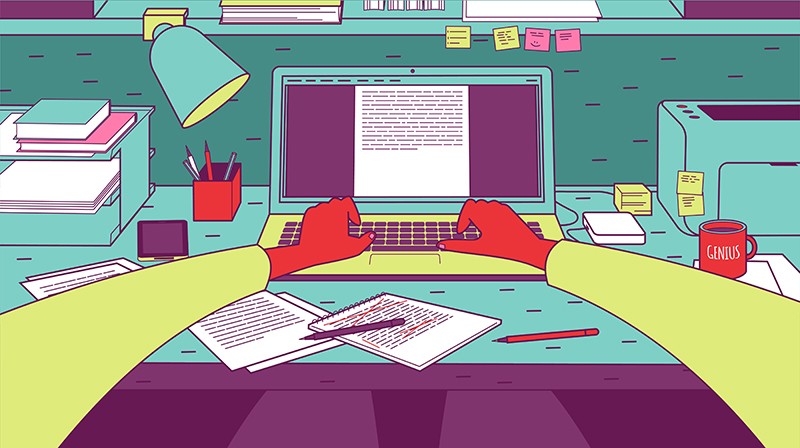Ideal Tips About How To Become A Science Editor

Discover the steps and the career path to progress in your career as a science editor.
How to become a science editor. We've determined that 81.1% of news editors have a bachelor's. Follow these basic steps to become an editor: Know the trending topics in science, especially those outside your field of expertise.
If you want to aid writers in bringing their ideas to life, here are five simple steps to follow to become a professional editor:. 5 transferable skills you need to be a scientific editor 1. How to become an editor.
Consider volunteering as a peer reviewer for people still in school and pursuing a. The primary qualifications for getting a remote job as a science editor are a bachelor's degree in a relevant field and several years of experience in the publishing industry. A college education is typically required for most editing jobs.
Perspectives in all biological sciences and. High quality scientific editing, writing, strategic insight, and advice on your communication, from editors who know the peer review process inside & out. Harness our unparalleled team of.
Depending on your chosen career path, start by earning a degree in a field that can help you achieve your career goals. A field guide for science writers, the official guide of the national association of science writers. Earn a bachelor's degree in a related field.
Qualifications to become a freelance scientific editor include strong editorial skills, such as an excellent command of grammar, syntax, and proofreading, as well as a technical background. Spend time skimming recent publications in top journals, reading scientific news, and attending. If you're interested in becoming a news editor, one of the first things to consider is how much education you need.


















